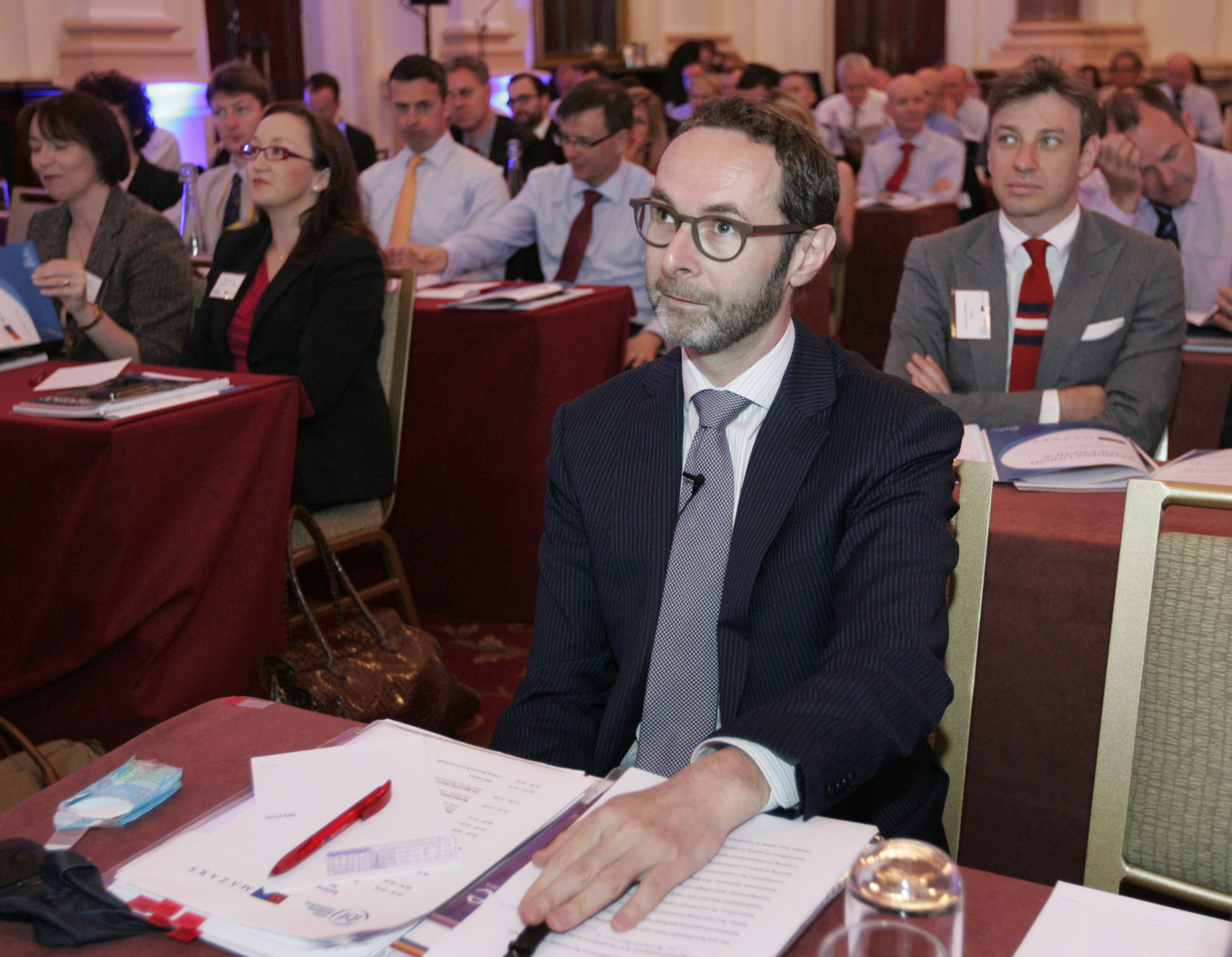A Central Bank deputy governor is jumping ship to the private sector
The departure of Cyril Roux comes amid concern that the Central Bank is bleeding key staff.
THE CENTRAL BANK has revealed that deputy governor for financial regulation Cyril Roux will leave his position in April and move to a role within the private sector.
The Frenchman took up the position at the Central Bank in 2013. He moved to the organisation from the French Resolution and Supervisory Authority to take over from Englishman Matthew Elderfield.
He will take up his new role in the private sector in September, according to the Central Bank. The organisation would not give details on the new role he will move to.
Speaking about his departure, Roux said it has been a tough decision to leave but he “did not want to pass on the opportunity to return to the private sector in the very best of terms”.
In the past few years, the Central Bank has lost a number of key staff, including deputy governor Stefan Gerlach who left in 2015, head of banking Fiona Muldoon who has since joined insurance firm FBD, and head of enforcement Peter Oakes.
Last year, Roux himself said that the recovery in the financial sector has increased the pressure on the Central Bank to retain its key staff.
He said the gap between the wages available to someone in the private sector and those working for the bank has grown.
In recent years, the Central Bank has moved to retain these staff by offering retention payments to staff to keep them at the organisation.
 Central Bank offices on Dame Street
Central Bank offices on Dame Street
The Dáil Public Accounts Committee heard last year that nearly €450,000 had been given to key staff to convince them to stay. These 29 members employees were earning over €100,000 annually.
In response to a parliamentary question last year, Finance Minister Michael Noonan said there were 149 vacancies at the Central Bank and the majority of those vacant roles were in the financial regulation division.
Minister Noonan thanked Roux for his contribution to the role, while Fianna Fail’s spokesperson for finance Michael McGrath said his departure was a reminder of the the Central Bank’s difficulty in keeping senior staff.
“The issue seems to be that the Central Bank cannot compete with the remuneration arrangements offered by the private financial services sector,” said McGrath.
“Given the constraints on public pay, there is no easy answer to this problem but we have to acknowledge that the level of vacancies and the turnover rate within the Central Bank also comes at a potential price.”
There were roughly 1,600 employees working at the organisation at the end of last year, which was below the year-end target of 1,695. The Central Bank has targeted to increase its staff numbers to around 1,800 by the end of this year.
Four years
Prior to his role with the Central Bank, Roux also worked in the insurance sector and the Department of Treasury of the French Ministry of Finance. He has a PhD in Economics from Harvard University.
Together with Central Bank Governor Philip Lane, Roux oversaw a number of reforms to the financial regulatory system in Ireland since he took over the role in 2013.
He was part of the integration of the Single Supervisory Mechanism of banking supervision in the euro zone and he also helped transform the Central Bank’s insurance supervisory approach.
Roux was also behind a move to launch the organisations biggest consumer redress initiative – the mortgage tracker review which is still on-going.





